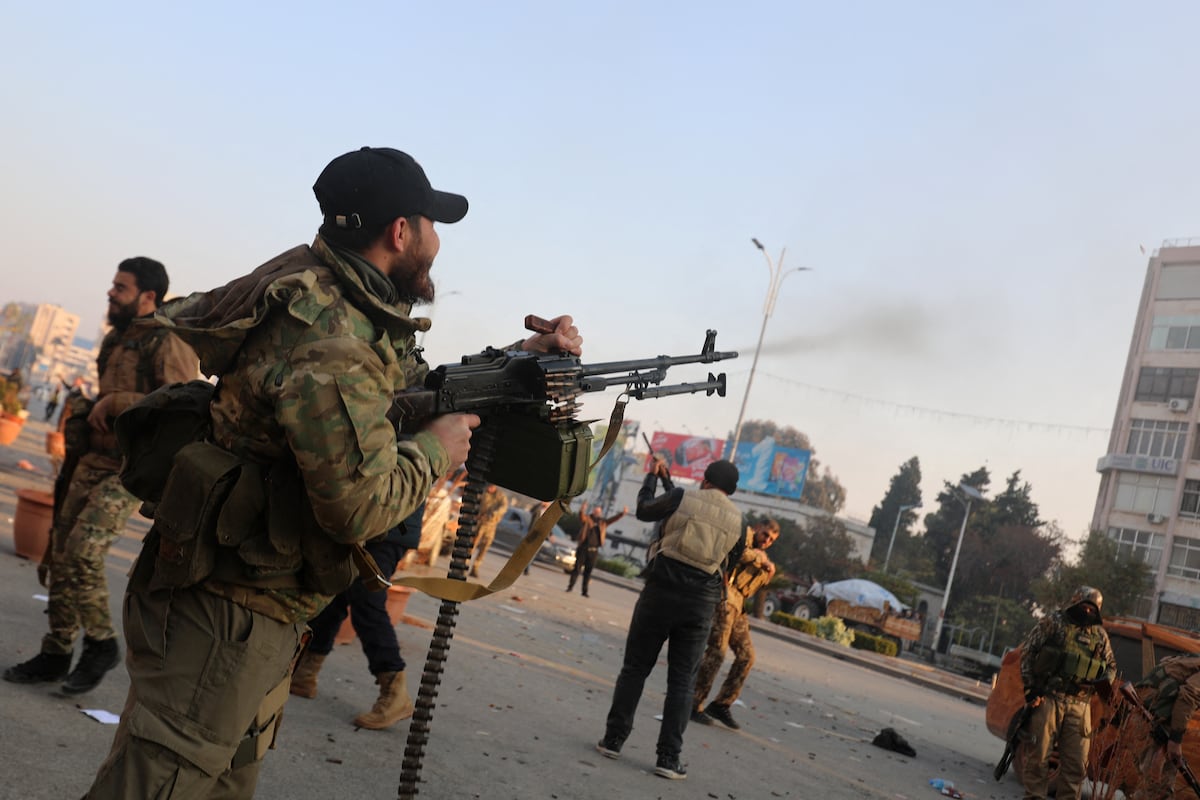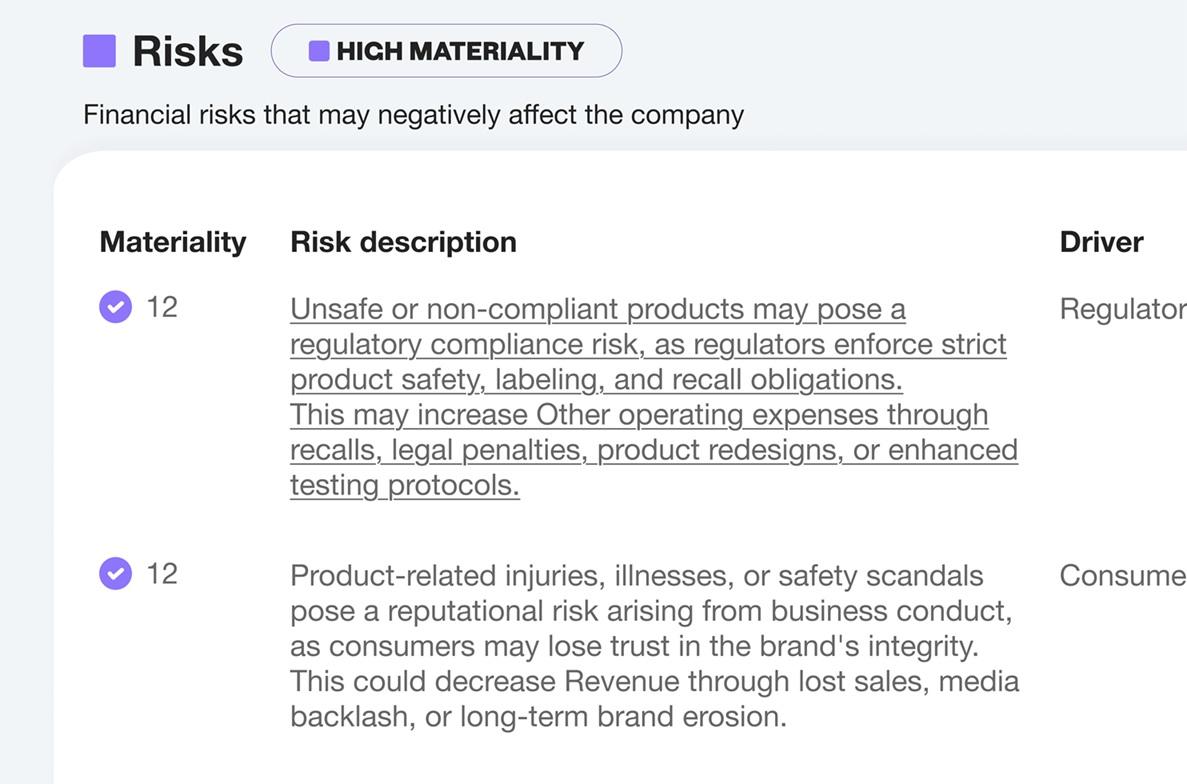The recent attack on a U.S. military base in Syria has raised significant concerns regarding the safety of American personnel stationed in the region. Three service members are currently being evaluated for potential traumatic brain injuries following a strike near Military Support Site Euphrates, a location of strategic importance along the Euphrates River. The Pentagon's response, articulated by Maj. Gen. Pat Ryder, highlights the complexities of the ongoing conflict in Syria, where various factions, including Iranian-backed groups and remnants of Al-Qaeda, vie for control. The ambiguity surrounding the attack's origins and the identity of the aggressors adds to the precarious situation, particularly as U.S. forces remain engaged in operations against ISIS amid escalating hostilities.
The implications of this incident extend beyond immediate health concerns for the injured personnel; they underscore the broader geopolitical tensions in the region. The U.S. military's operations, characterized as self-defense, reflect a precarious balance between supporting allied forces and avoiding direct confrontation with hostile entities. With approximately 900 U.S. troops in Syria, the frequency of attacks on American forces has surged, particularly since the onset of the Israel-Gaza conflict. This trend raises critical questions about the sustainability of U.S. military presence in the region and the potential for further escalation, necessitating a reevaluation of strategic objectives and operational protocols in the face of evolving threats.








